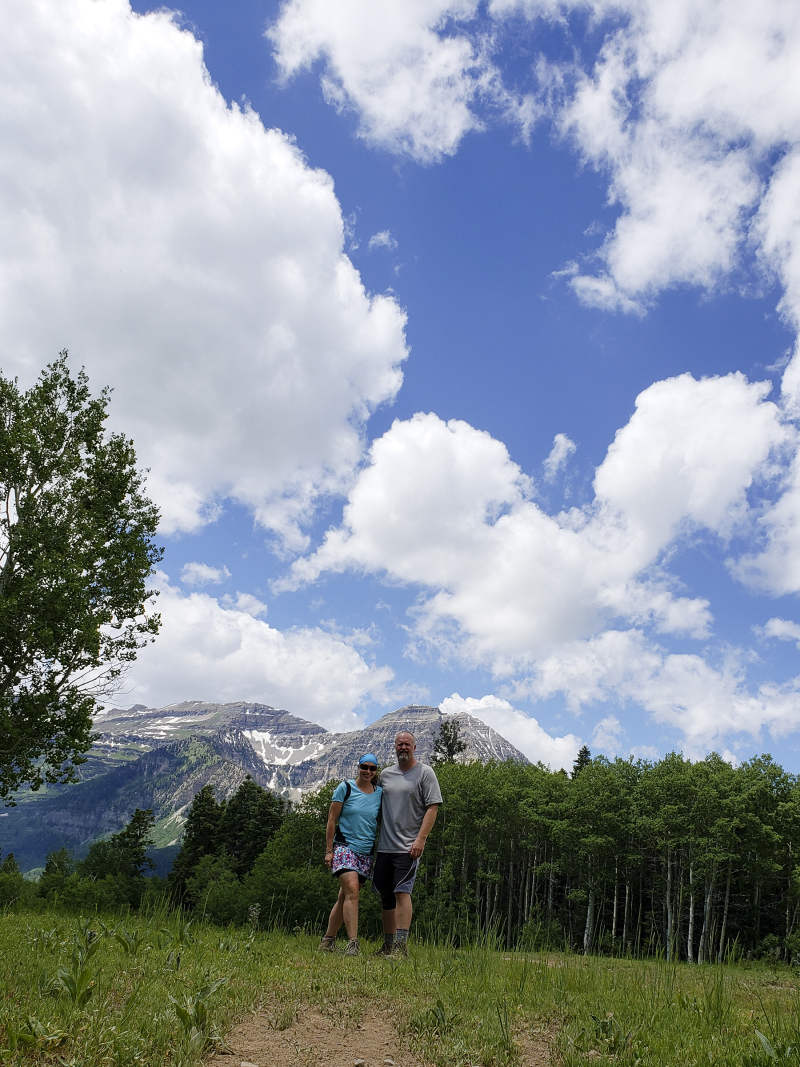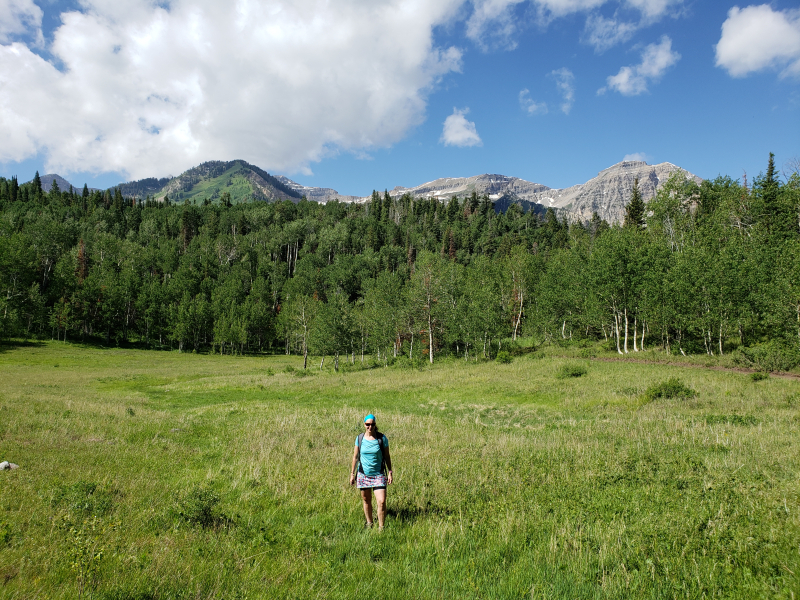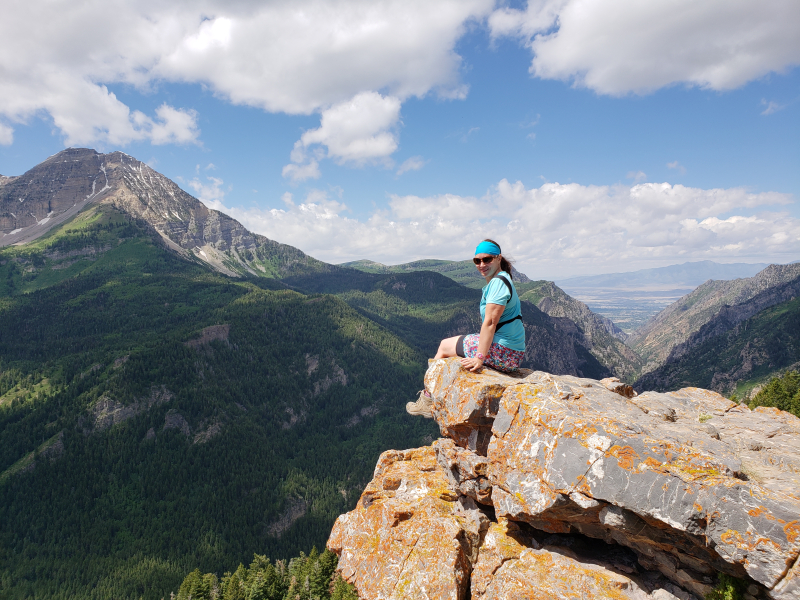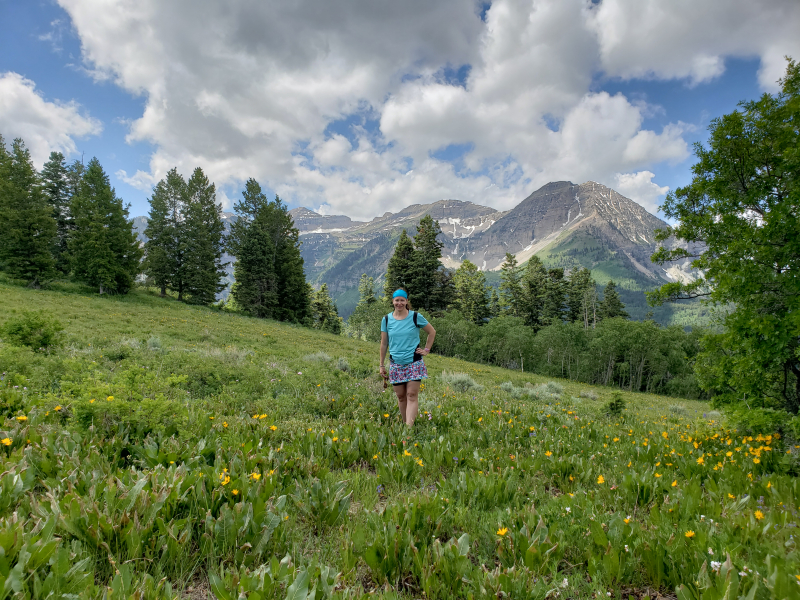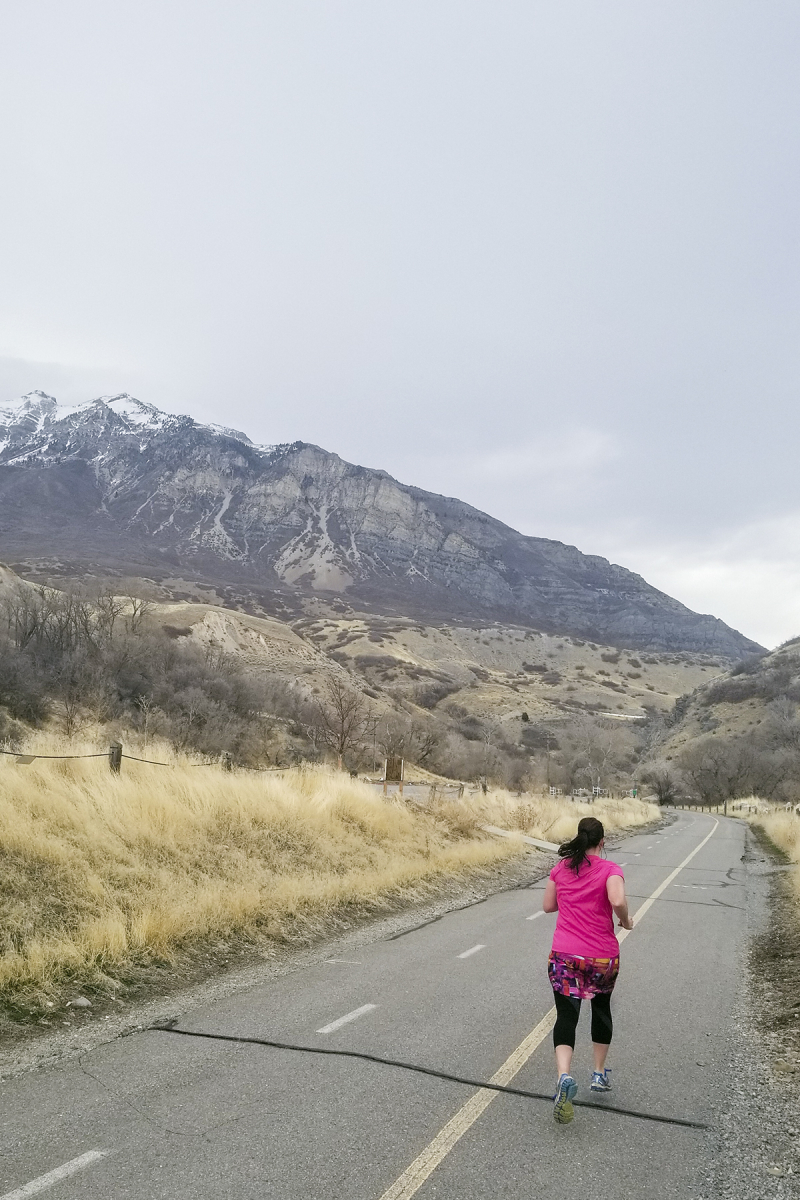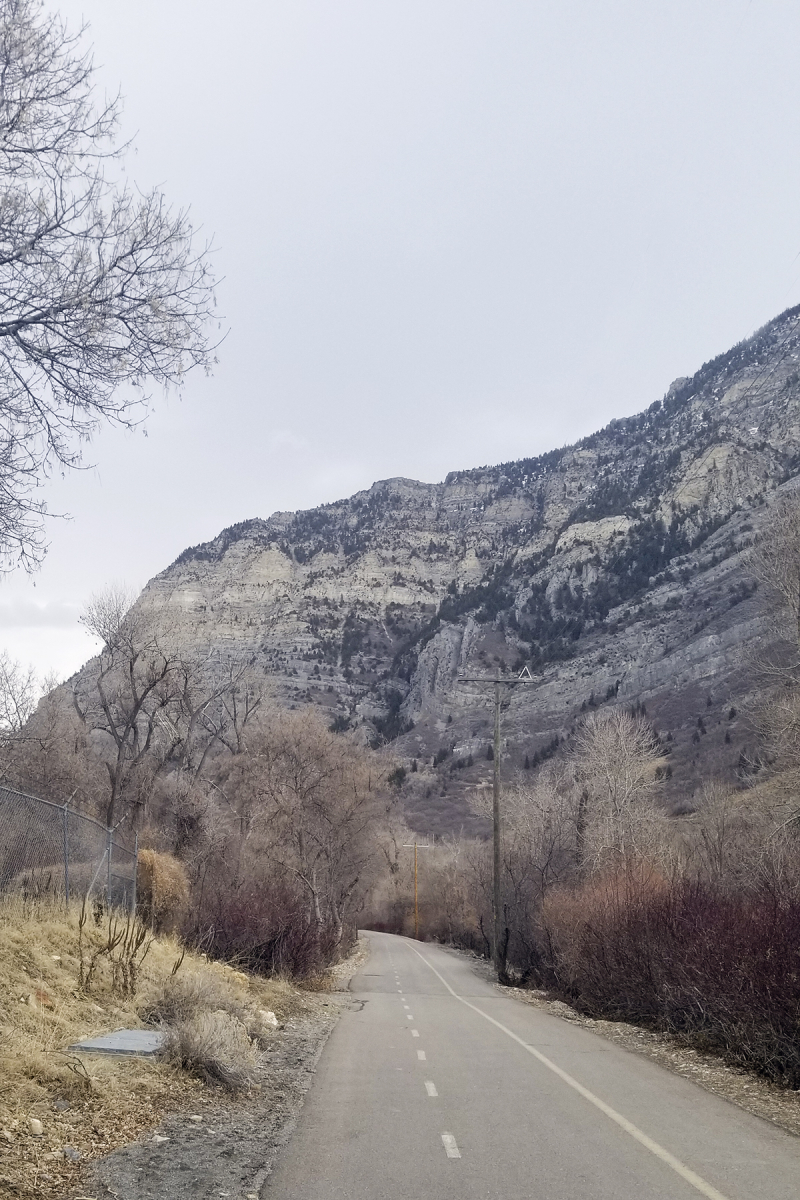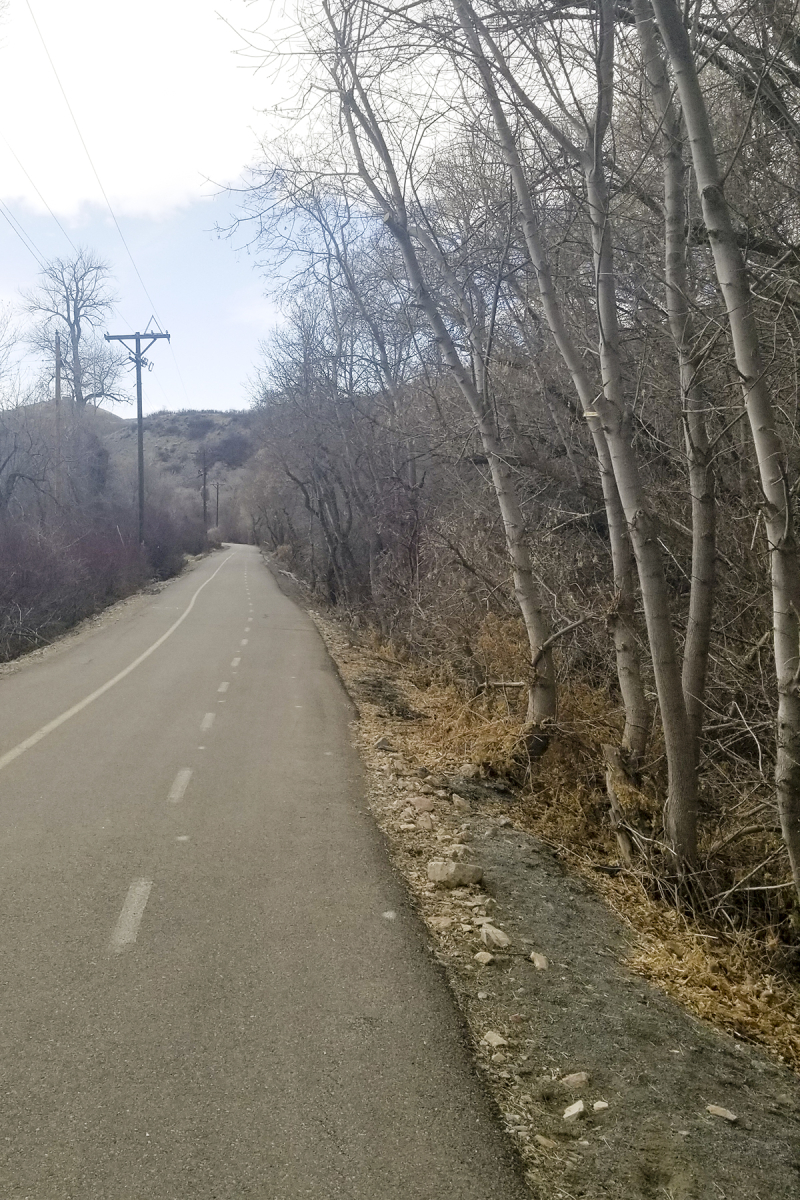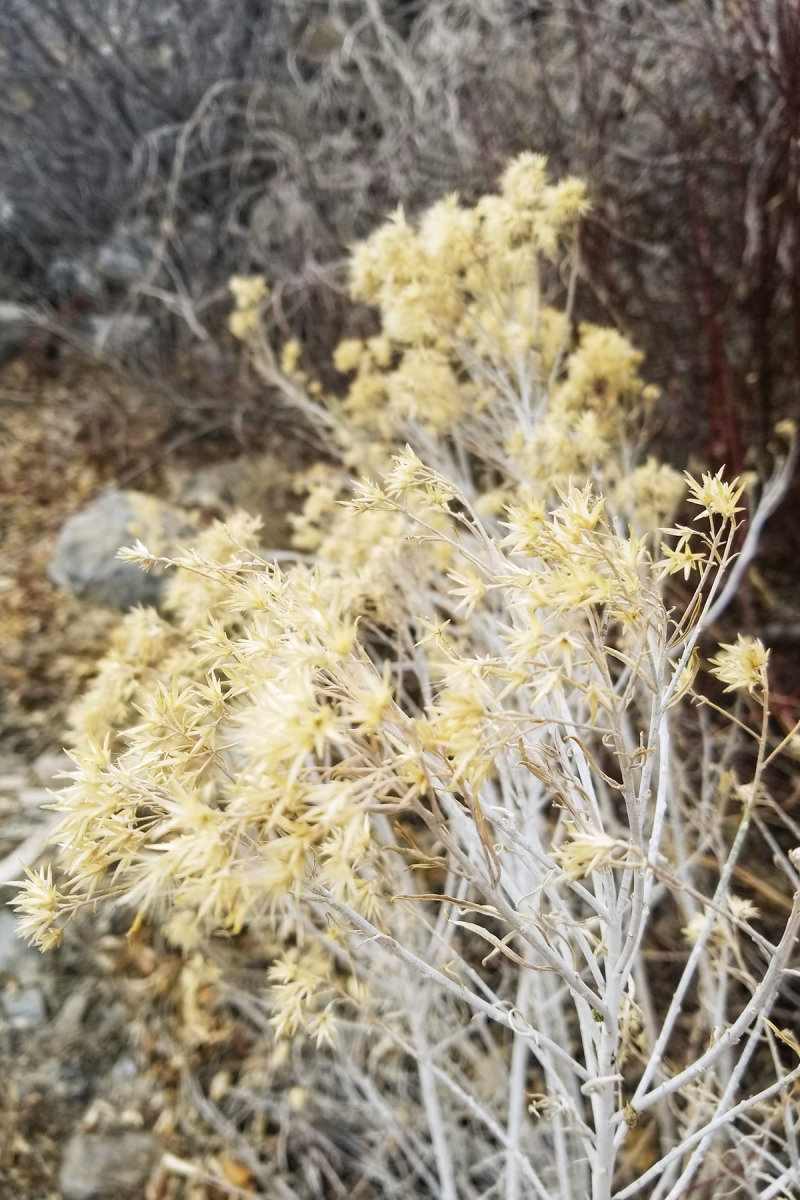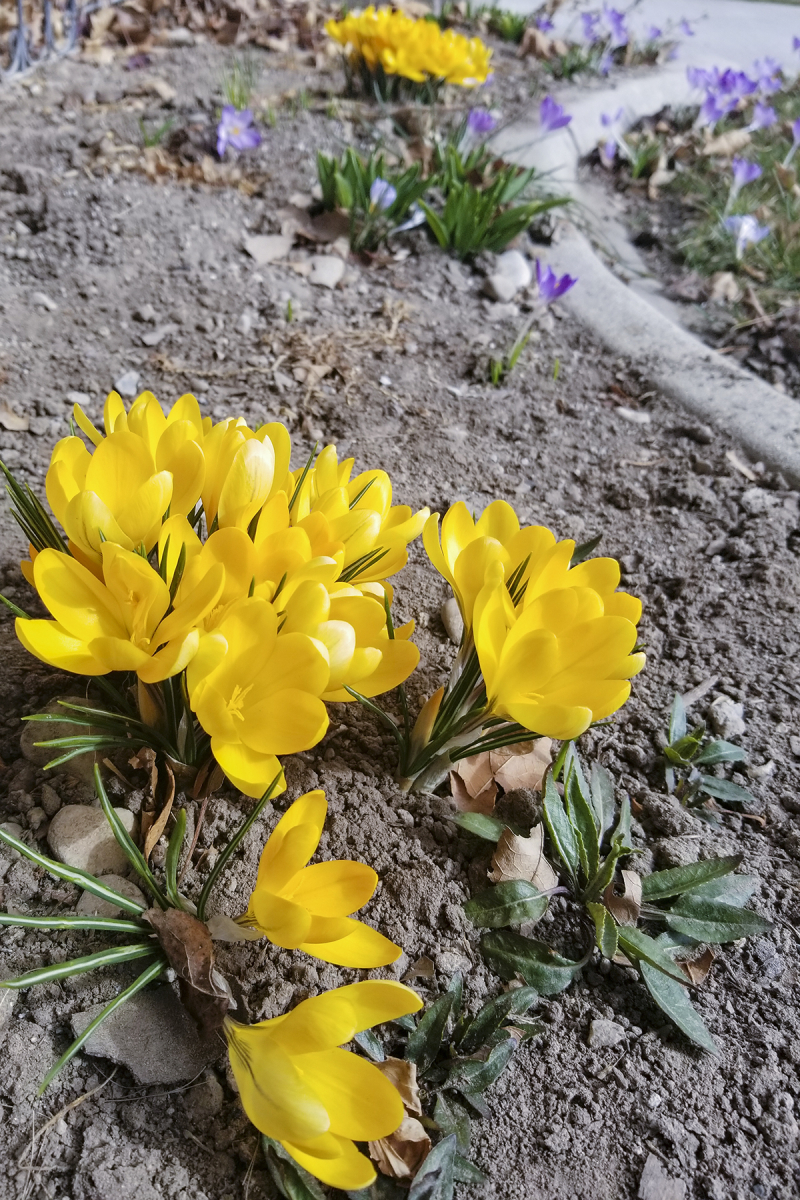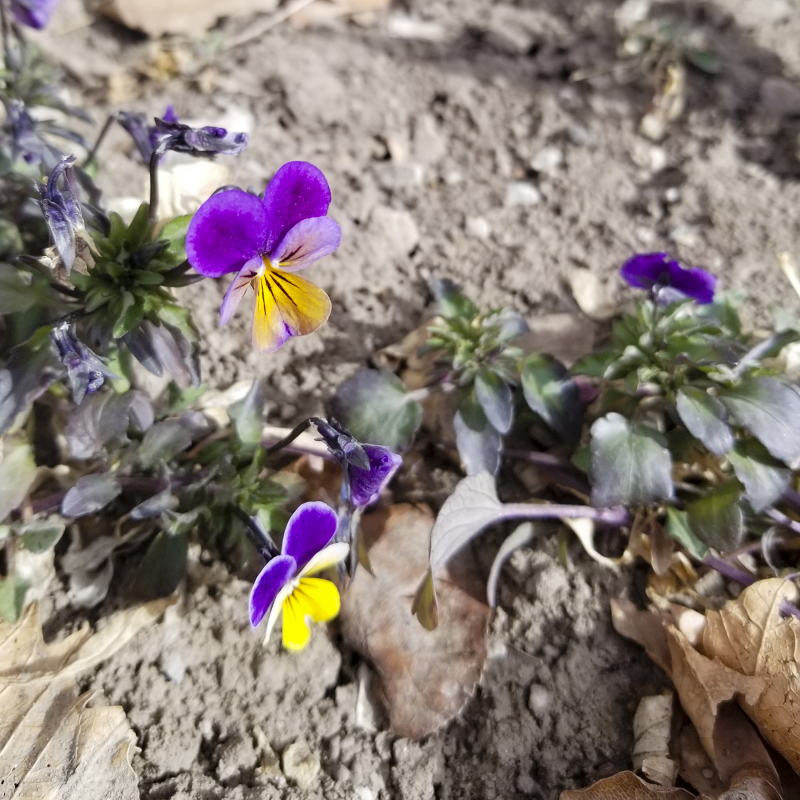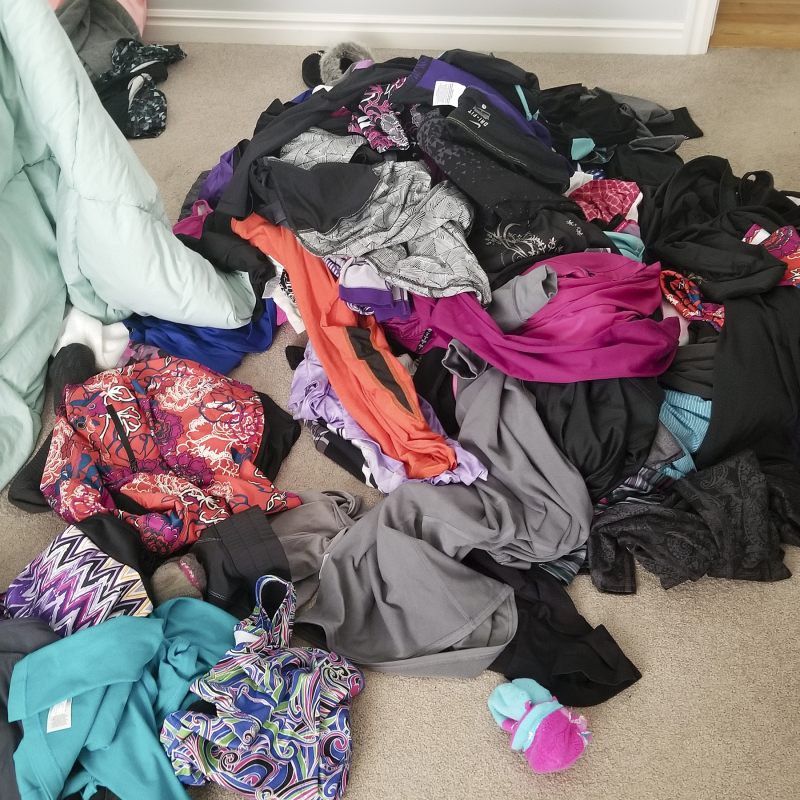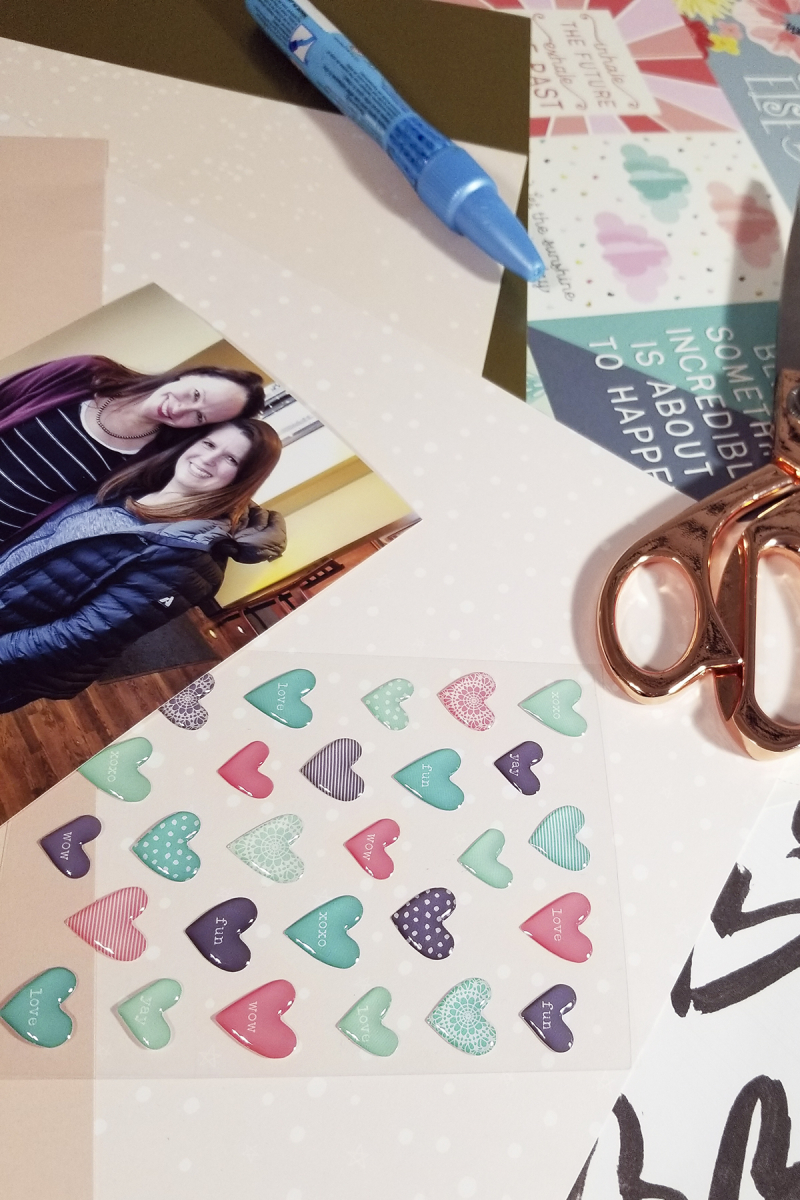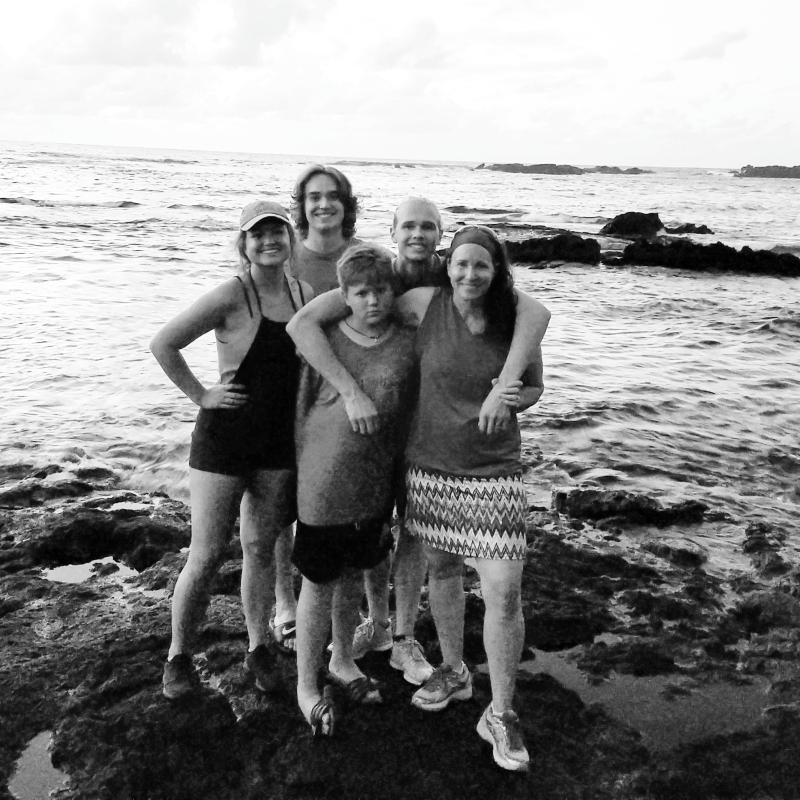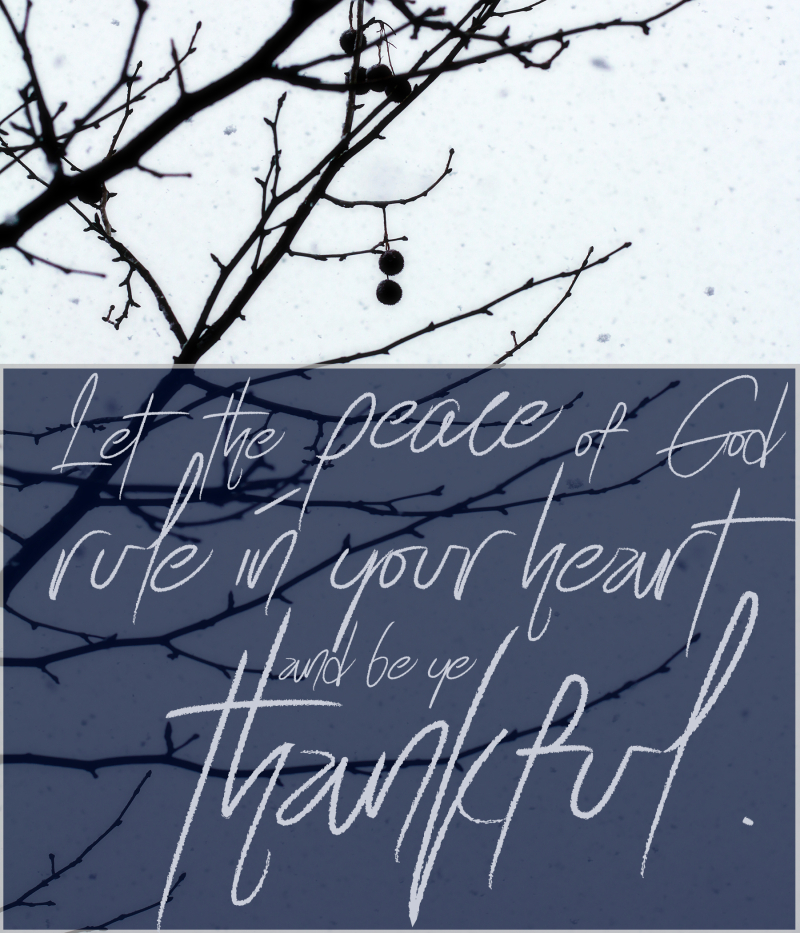What is Written on My Heart: Thoughts on Jeremiah 29
Monday, December 03, 2018
My responsibility at church for the past three years has been teaching about the scriptures. I have a complicated response to this responsibility. On one side, I love teaching. I love having the opportunity to explore more deeply ideas that I only have vague concepts about. I love having thoughtful discussions with different members of our congregation. I have learned so much about the scriptures and the life of Christ.
On the other hand, there is a moment in nearly every lesson I have taught—sometimes more than one moment, but several—when I find myself deeply buried in frustration, disbelief, annoyance, and incredulousness. Not only have I learned more about Jesus and the Bible, I have learned many things about Mormonism that have troubled me. I think this comes as a result of having grown up in a family that looked sort-of Mormon, even though we rarely acted very Mormon, or did Mormon-y things. (You can read more HERE about what I mean if you're interested.) I look like a life-long LDS person, but really I am a convert, but since I don't seem, on paper, to be a convert no one noticed just how little I actually knew about Mormonism.
Myself included.
So many times during the last year, while I've been preparing my lesson, I will reach a point of exasperation when I cannot believe that this is what my faith believes. An extreme example: the moment I realized that many people think the story of Noah is a literal historical fact, a thing that actually happened. (Give it two seconds of critical thought and you start to see that while it's a great story you can learn quite a bit about faith from, it cannot be literally possible.) This is likely a belief that's found in many Christian faiths, though, if not all. I've also bumped against many, many supposed "truths" that LDS people believe that I simply do not. My life and my holy experiences have taught me other things.
So in a sense (a very large sense, in fact), this teaching of the scriptures has been damaging to my faith as a Mormon person. I ask myself every time I prepare a lesson: why am I doing this? And I am not sure: is that why referring to the lesson itself? or Mormonism in general?
But then, with almost every lesson I prepare, I also have learned more about Christianity in general. While I am far from a learned scriptorian, I have gleaned some knowledge that has helped me in personal ways. A few weeks ago, I taught a lesson based on Jeremiah 29 and 31. One of the sections I read and discussed has continued to stay with me; it was one of those rare lessons when I could totally overlook what the Mormon take on the scripture was in order to have my own spiritual experience with it.
We started by discussing the idea of having God's truth written on our hearts. The lesson guide suggested that we illustrate this when we do things like dressing modestly, reading "good" books, and listening to appropriate music. This idea made me frustrated, as for me, God's truth that has been written on my heart is far, far deeper than external proof or cultural rules.
What having God's truth written on my heart made me think of, actually, was a scene from American Gods. When I read it in the novel, it impacted me, but when I saw it on the TV show? I literally had to walk out of the room I was crying so hard. In this scene, an elderly woman, after dying while cooking dinner for her family, is taken by the Egyptian god Anubis to a place where her heart would be measured. If it is light as a feather, she has made a good life and can choose how her afterlife is spent; if it isn't light enough, she is banished.
This made me cry so hard partly because dying while I cook dinner for my family seems like a good way to go, but mostly because I could picture myself in her place, kneeling in the sand, my beating heart being measured. I thought of all of the ways I have failed to be good, the kindnesses I have withheld, the way I have buried the light of whatever talents God gave me, the mistakes I have made as a parent, a wife, a daughter, a sister, a friend. Were it my heart on that scale, it would never be light enough.
As I thought about that scene and my reaction to it, mixing it with the concept of God’s law being written on my heart, I started to imagine what, in fact, my heart might look like at the end of my life. Both the literal heart shape and the metaphorical “heart”—my personality, my goodness, my self in its totality. I saw my heart as a giant, weighty thing, with the knowledge I have gained inscribed deep into the flesh, some sections wild, meaningless swirls, others intricate and beautiful fleur-de-lis patterns. And what was it, what made those etchings like scars and paths and tattoos on my heart?
The sacred experiences of my life. Not the times I followed the rules, but the times I made the right choice. Or the times I made the wrong one and learned something. The times I forgave and the times I was forgiven. The simple, sweet moments: laughing with my children in our backyard, pushing a baby in a swing at the park, talking with a friend, holding my husband’s hand. Sitting on the floor of my kitchen eating pizza and watching the snow fall. Moments when time seemed to stand still while I was deep inside the creative process. Falling asleep; waking in a comfortable bed to a new day.
Is that God’s law written on my heart?
Maybe some would disagree, but I think it is, and here’s why. Chapter 29 of Jeremiah is a letter he wrote to the Jews who had been exiled to Babylon. In this letter, he writes something that reveals an important thing about God. He said that God has “caused to be carried away from Jerusalem unto Babylon” these Jewish people. He allowed it to happen, for them to have to leave the city of their nation and to live somewhere strange, with new customs and people they haven’t known for decades. God allowed them to be banished.
But he doesn’t say “sit there and weep.” Instead God says: build houses, live in them, plant gardens, create families. Make a life.
This: this is what is holy. This is what matters. Making our lives. Living our lives we are given. We are all of us eventually or occasionally exiles in our lives. We all find ourselves banished, in some form or other. That God lets this happen is, I believe, one of God’s laws. Horrible things happen everywhere to everyone. And even in the midst of these sorrows, God wants us to still work on creating our lives.
It is through these acts of creation that our lives gain meaning.
And it is through these lives that God teaches us the individual things we must learn, each in our own lives. It is through these things that we come to know God, that his law is written in our hearts.
I felt this thing, and I tried to express it in my lesson, although I’m not sure I did. But a few days later, I had what I had tried to say, what I knew was true but couldn’t find the exact words for, put into the exact words I was trying to find. In a novel, Eternal Life by Dara Horn:
“Many days and years and people had passed before she understood that the details themselves were the still and sacred things, that there was nothing else, that the curtain of daily life itself was holy.”
The curtain of daily life itself is holy.
I don’t know if my heart will ever be light as a feather. I don’t know if I will ever be good enough, or understand exactly what is right. I know I will continue making choices, the right ones and the wrong ones. I know that this is what is sacred, what is holy, what is God’s law inscribed on my heart: live my life.
